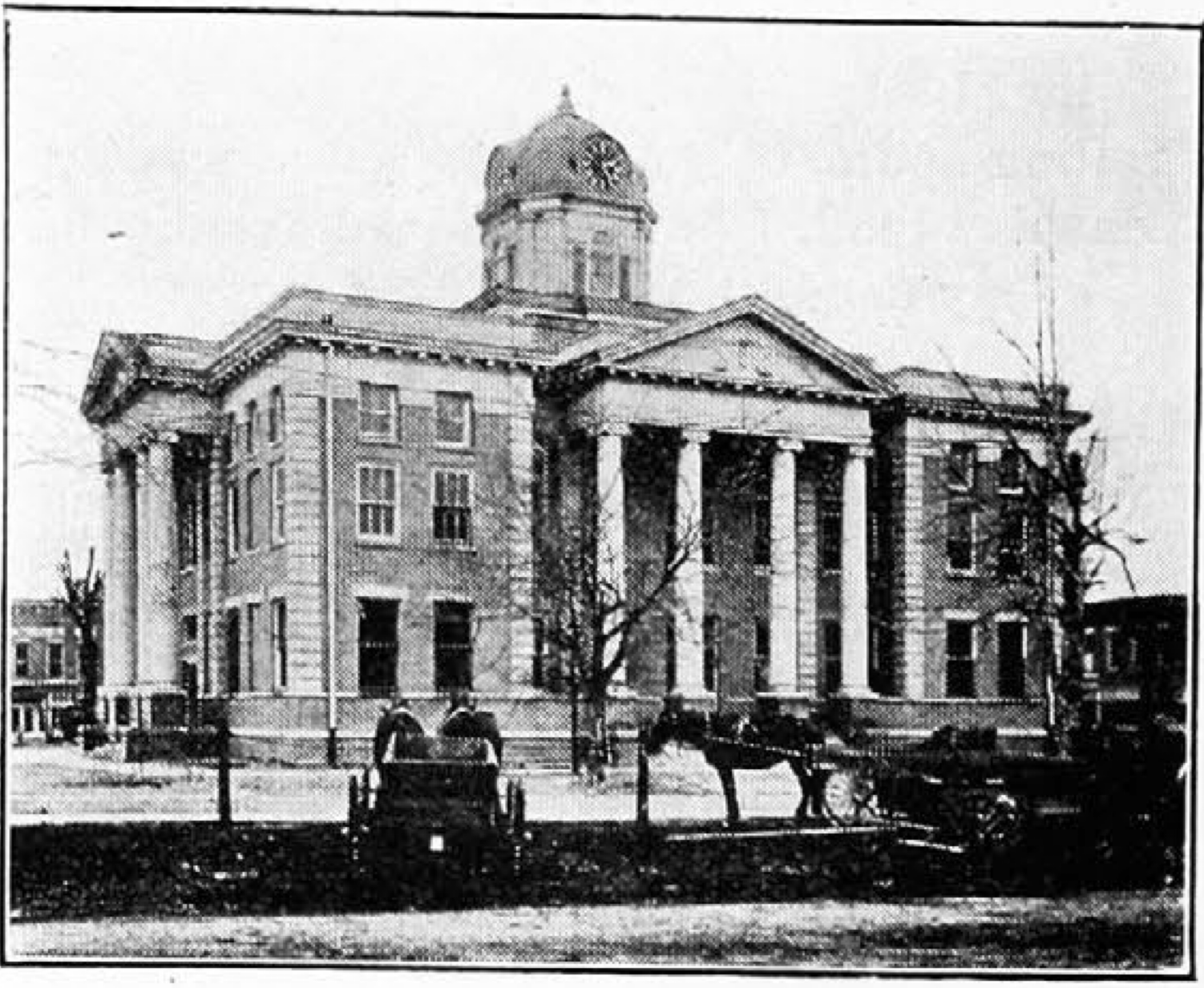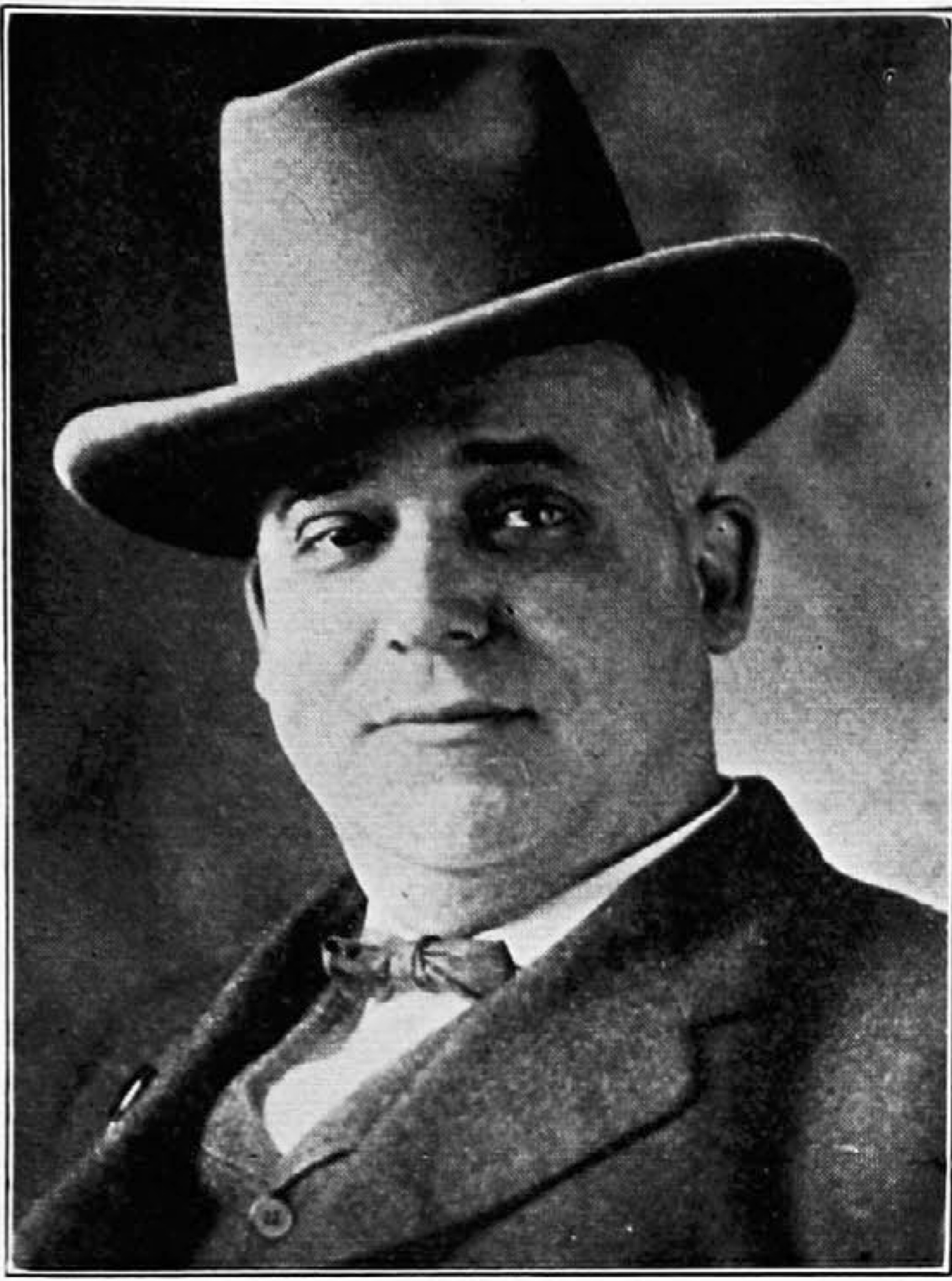The Attempted Lynching of Lube Martin: An N.A.A.C.P. Investigation
Lube Martin is a colored man who lives at Murray, Calloway County, Ky., in the regions where the night riders have had full sway. In the same city lived a white man, Guthrie Diuguid. He was the policeman of the town. In the spring of 1916 he declared that certain white people had hired Lube Martin to kill him. He was so insistent in repeating this story that his friends feared he was “cracked.” Finally, when he went before the city council and demanded protection, he was forced to resign his position. He then became a road supervisor and apparently forgot the alleged plot against his life. Diuguid, however, had meanwhile sent word to Martin that he would kill him on sight. Martin succeeded in dodging him for a long time. Finally, on January 9, 1917, the two met. Diuguid shot at Martin four or five times and when Martin saw that further dodging was impossible, he shot and killed Diuguid.
Lube Martin was immediately arrested and assigned a white attorney, J. P. Holt. Holt was a shrewd man and took his job seriously. He told the court that two principal witnesses were not present to testify and that he wanted a continuance of the case. The Kentucky law is curious in this respect: if a defendant asks for a continuation because of the absence of a material witness, the prosecution may keep the trial from being postponed by admitting the alleged testimony of the absent person as TRUE. This the prosecution did in Martin’s case, thereby admitting that Diuguid had threatened to kill Martin and had drawn a pistol on him first. The trial, therefore, was fixed to go on the next day and undoubtedly the black man would have been condemned to death; but Holt found another witness and declared that that witness would swear that Diuguid shot first when he saw Martin. This the prosecution could not admit.

On the morning of January 10, one thousand of the mountain whites came into Murray to see Martin condemned to death and then to lynch him. They crowded into the new $75,000 court house and heard Judge Charles H. Bush say that the trial had been postponed and that the prisoner had been taken to Hopkinsville. Immediately the mob went wild.
“Give us the nigger or we’ll hang the judge,” they said.

Evidently the judge believed what they said, because he forthwith signed an order to bring the prisoner back to town. Meantime, somebody thought of the governor. They telephoned to Louisville and found him, but the governor had no militia because the militia had been sent to Texas. He came, however, without militia. When he walked into Murray next morning, he saw the judge and the timid commonwealth’s attorney, D. P. Smith. The stores had been open all night and when the governor got to the courthouse, things looked pretty bad. But Governor Stanley took his stand boldly and told the mob the difference between a savage and a civilized community. He asserted that every member of a lynching mob was a murderer. He told them that the judge and the commonwealth’s attorney had agreed to produce the accused there and that he had countermanded the order, that he alone was responsible, and that if anybody was going to be lynched, it would have to be he. The mad and hungry looking backwoodsmen were impressed.
One of them yelled, “Say, Gov., you’ve got the guts; I’m fer yer.”
Finally, it was agreed that the trial should be postponed until February 19.
Thus Lube Martin has been saved from the mob—at least temporarily. As to justice for a man who killed his assailant in self-defense, that, even in Kentucky, is quite another story.